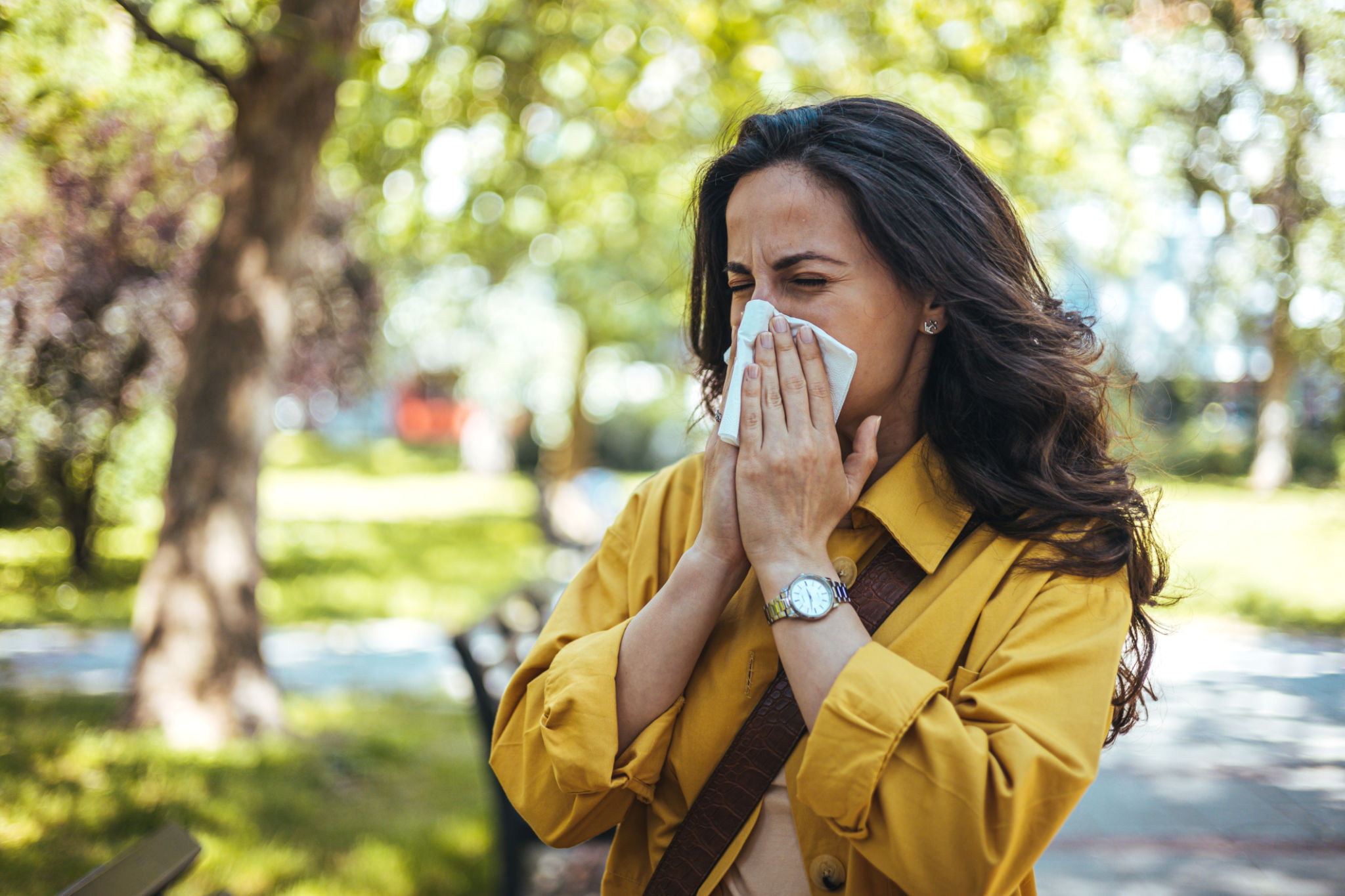Seasonal Study Tips: Preparing for Exams in Ankara's Unique Climate
Understanding Ankara's Climate
Ankara, the capital city of Turkey, is known for its unique climate. It experiences a continental climate with cold, snowy winters and hot, dry summers. This variability can affect your study routine, especially during exam periods. Understanding how to adapt your study habits to the changing weather can make a significant difference in your academic performance.

Winter Study Tips
Dealing with Cold Temperatures
During Ankara's chilly winter months, staying warm and comfortable is crucial for effective studying. Consider the following tips:
- Layer Up: Dress in layers to keep warm, ensuring you can adjust your clothing as needed.
- Create a Cozy Study Space: Use blankets and a space heater if necessary to make your study environment inviting.
- Stay Hydrated: Even in cold weather, hydration is key. Keep a thermos of warm tea or water nearby.
Maximizing Daylight Hours
The reduced daylight in winter can impact your motivation and energy levels. To combat this, try to maximize your exposure to natural light by:
- Studying near windows during the day.
- Taking short walks outside during breaks to boost your mood and energy.
- Using light therapy lamps if natural sunlight is limited.

Spring Study Tips
Taking Advantage of Mild Weather
Spring in Ankara brings milder temperatures and blossoming nature, offering an excellent opportunity for outdoor study sessions. Here’s how you can leverage the spring atmosphere:
- Study Outside: Find a quiet park or garden where you can read or work on assignments with fresh air and natural surroundings.
- Incorporate Physical Activity: Use the pleasant weather to integrate short exercise routines into your breaks for increased focus.
Allergy Management
Spring also means pollen and potential allergies. To manage this, consider:
- Taking Allergy Medications: Consult with a healthcare professional about suitable options for you.
- Keeping Windows Closed: On high pollen days, keep your study area free from allergens by closing windows.

Summer Study Tips
Beating the Heat
Ankara’s summers can be scorching, which may lead to discomfort while studying. Here are some strategies to help you stay cool:
- Stay in Air-Conditioned Spaces: If possible, study in places with air conditioning like libraries or cafes.
- Hydrate Regularly: Drink plenty of water to prevent dehydration and maintain concentration.
- Avoid Peak Sun Hours: Schedule study sessions in the early morning or late evening when temperatures are lower.
Avoiding Distractions
The summer season often brings social events and distractions. To maintain focus:
- Create a Schedule: Set a daily routine that includes dedicated study time.
- Use Breaks Wisely: Balance leisure activities with study breaks to ensure productivity doesn’t suffer.

Fall Study Tips
Adapting to Shorter Days
With autumn comes shorter days, which may affect your study habits. To stay on track:
- Plan Ahead: Use planners or digital tools to organize your tasks and allocate time effectively.
- Create a Consistent Routine: Having a set schedule helps maintain discipline as daylight decreases.
Nurturing Focus and Motivation
The transition between seasons can impact motivation. To keep yourself engaged:
- Set Goals: Break down your study objectives into manageable tasks with clear deadlines.
- Cultivate a Support System: Study groups or peer support can provide encouragement and accountability.
